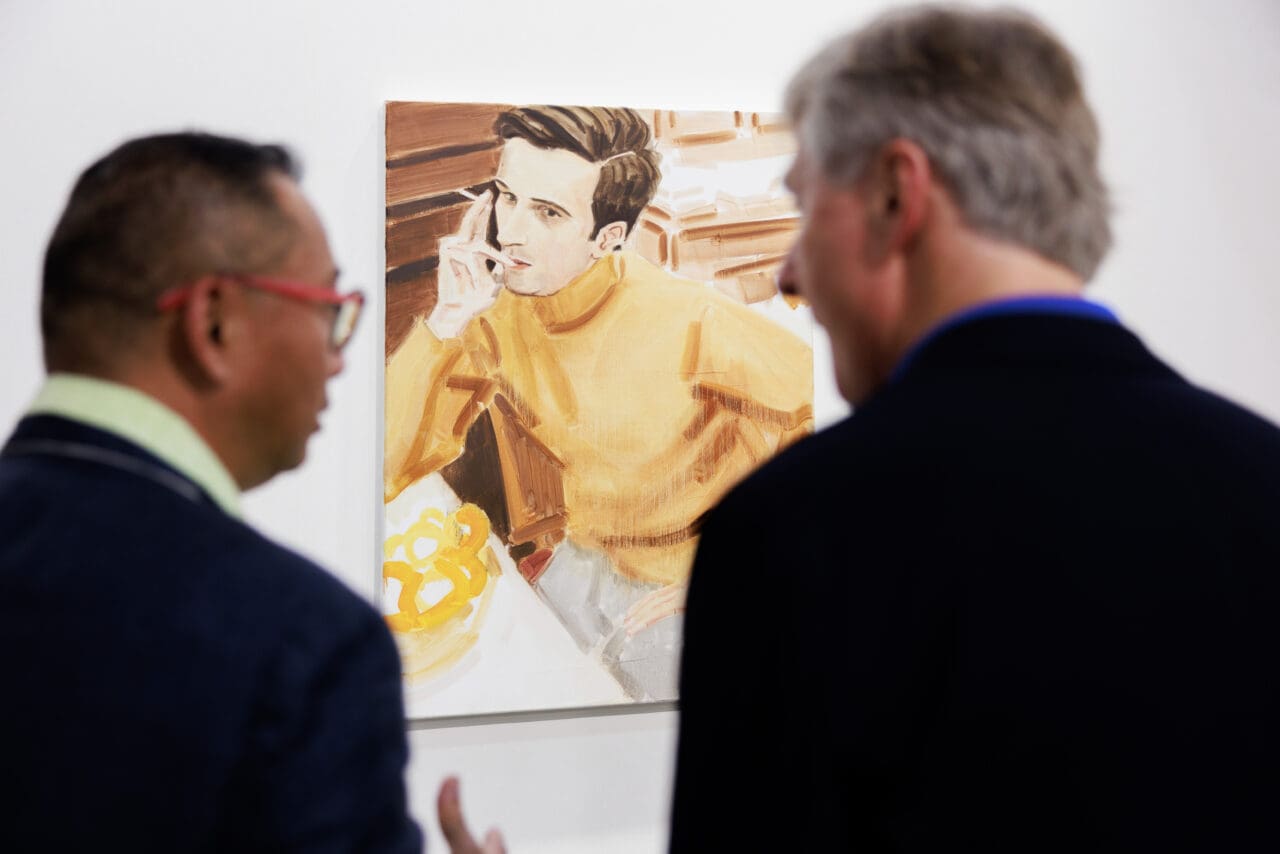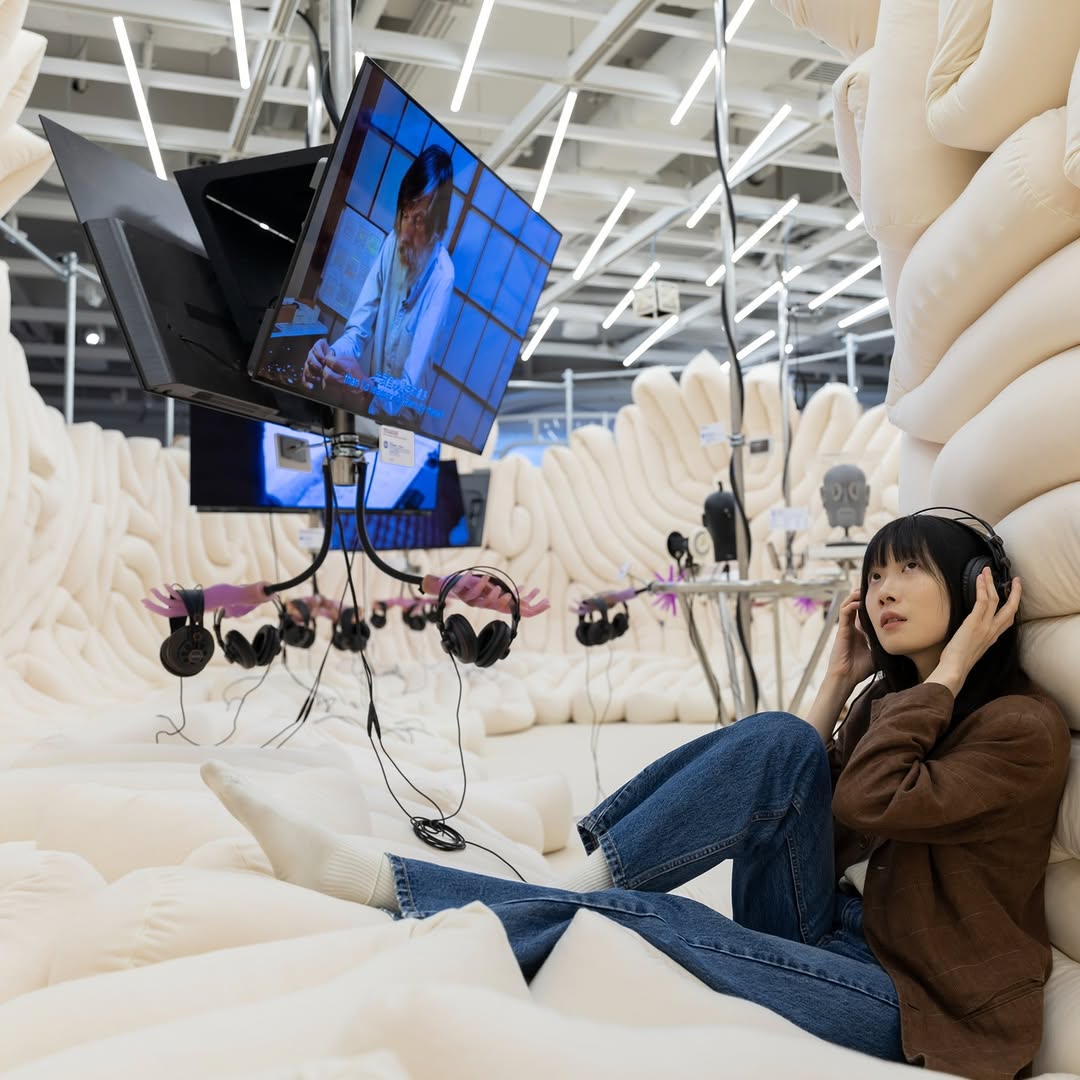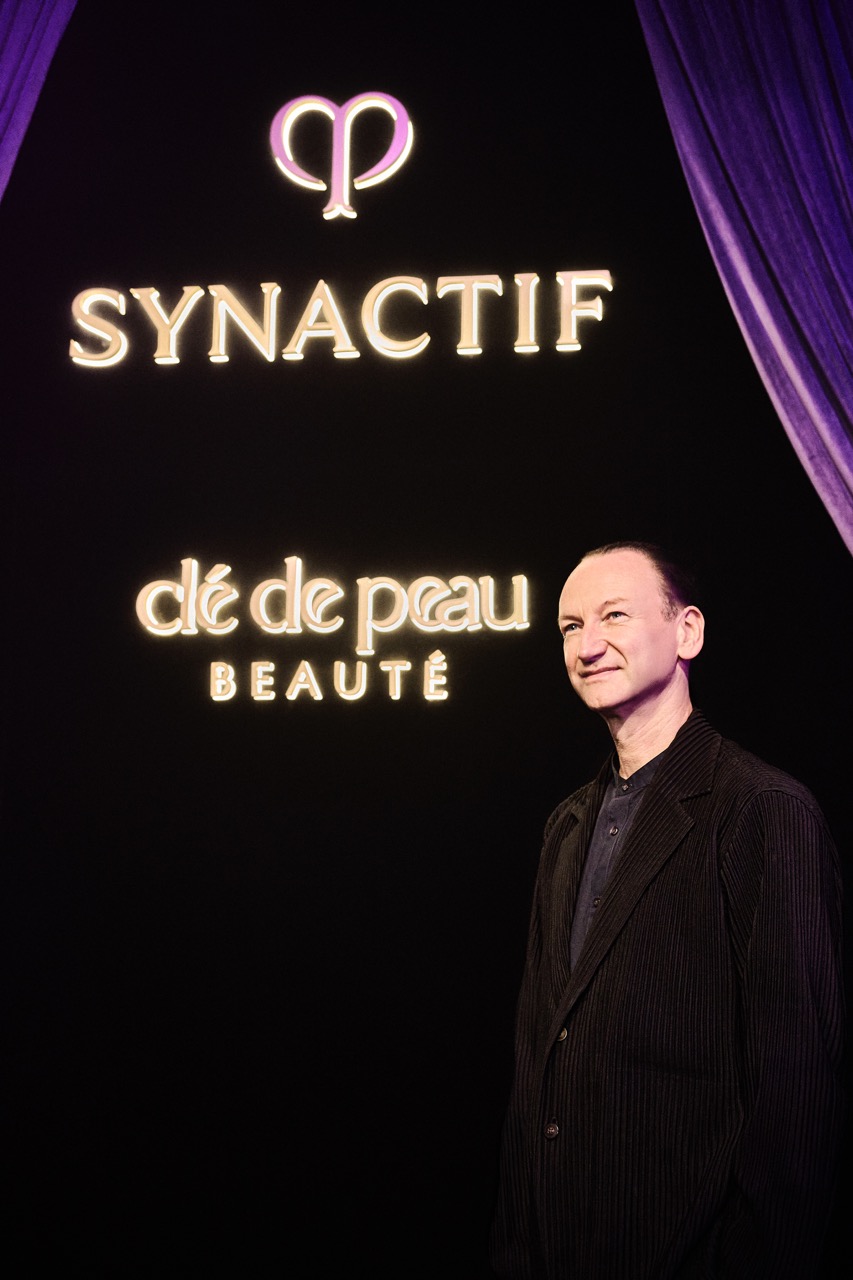Blackpink: Light Up The Sky, the documentary that reveals never-before-seen-footage on Blackpink’s journey to become the highest charting Korean girl group of all time, launched this week on Netflix. The show brings to light both the band’s public persona —energetic, girly and fashion-oriented – and its deeper sense of kinship, determination and creativity.
The documentary does much to dissect each of the girl’s dynamic personalities, through a number of solo and group interviews alongside footage of training and performance. Jennie is quiet and down to earth, “I am super shy. I’m one of those people who can’t even order something on the phone,” she says in her soft-spoken demeanour, standing in stark contrast to her fiery onstage personality. Then there’s “auntie” Jisoo. “There’s no doubt I feel a responsibility. I try the best I can to take care of the other girls,” she says of her bandmates, who undoubtedly all look up to her.
Lisa is the Thai lead dancer and rapper whose spirited energy and spunky personality never fails to lift spirits. “She brings positive energy into the group,” says Jennie. “If someone is fed up one day, she makes that person laugh. She keeps us energized,” adds Jisoo. Then there’s Rosé, the New Zealand-born lead singer and dancer who approaches the world with a warm outlook.
We spoke to Caroline Suh, the Korean-American director of BlackPink: Light Up The Sky, as she shares her insights on filming the documentary.
Did you face any roadblocks in creating this documentary? What was the most difficult moment or segment to film?
I think that the Blackpink members have never been a part of a project like this, so I think gaining their trust and having them understand what our intentions were and why we were making the project—that was probably the most challenging part at the very beginning. But then, once we kind of reached a level of trust, everything went very smoothly.
What is your favourite moment in the documentary?
I loved seeing them in the studio together. I think that’s rare to see them kind of working on songs and seeing the creative process unfold. I had kind of assumed that pop stars are given a song that someone else has written, and that they just record it, but actually it was interesting to see them all collaborate and create something together.
Caroline Suh, director of 'BlackPink: Light Up The Sky'
How did you cover all the specific topics you wanted to whilst keeping everything authentic and unscripted?
I wanted to tell their story on how they became this huge phenomenon—how they got started out and what their individual journeys were to becoming part of the group, and then what it’s like in this crazy moment when they’re becoming super famous and have all these fans. That was kind of the intent all along, to tell that story, and they were very open with the challenges along the way.
When was it decided that you would be making a documentary and when did you start filming?
We started filming in the fall of 2019, so about a year ago. So we filmed them in two blocks of time, one in the fall and one in February of this year. Everything you see of the girls now and in Korea is all our footage, and then we had all of this amazing archival to work with that YG took of the girls as they were performing, and behind the scenes. They cover everything that the girls do.
The Blackpink documentary brings out a side of the girls that is truly unseen before, including their rise to fame and the hardships involved with being a trainee. How well did you acquaint yourself with them in order that they felt comfortable enough to be truly vulnerable?
I think we reached a level of comfort that allowed them to feel like they were in a safe space to really talk about things. To be honest, I was surprised about how candid they were about training school. They had no concerns with sharing those details, which I thought was nice.
What did you learn about the girls that you weren’t aware of before?
Their image is very fun and energetic and sweet, and all of that is true, but I think it was nice to see this other side of them – they’re all incredibly strong-willed and determined and kind of do what they want. There’s another side that comes out once you’re in a quieter place and they can talk at length and be thoughtful.
The girls are all bilingual, with Lisa also being able to speak Thai. What kind of dynamic did that contribute to the documentary, being able to swap so fluidly between these languages? How do you think this affected the documentary as a whole and how the story is played out?
We decided we wanted everyone to speak in whatever language they were most comfortable in, so if that meant for Jennie sometimes Korean and sometimes English, we would just flow with it. Our goal was to put everyone at ease, so we had translators. That always takes some adjusting to, but I hope that it makes it feel very real and casual, because that is how they really talk to each other.
What kind of story were you trying to tell with Blackpink: Light Up The Sky? What message or takeaway did you want to leave your audience with?
I think the story is a very simple story, kind of classic story. Young people with dreams who work really hard and then succeed in a much larger way than they ever could have imagined. That kind of story appeals to me, it’s kind of a classic story and I think it’s inspiring. I mean that’s really what I took away from their story, I learnt about how determined each of them was to work hard and stay in it.
Did you know the girls prior to filming? Is this something you had in your sights to do or did someone reach out to you?
Netflix was working on developing a film with them-it would be their first K-Pop film-and I’d worked with Netflix so they reached out to me and asked me to direct. I was really happy, because I’m Korean and spending time in Korea and learning about K-Pop seemed great to me. We met with YG and then it all kind of took off from there.
How did this differ from all the other films you have directed?
It was great to be able to work with music, and have a lot of montages with music and these fun visuals. I like things that I work on to be as visual as possible, and this definitely delivered that with all the archival footage, and just you know, the girls are fun to watch in their outfits, and dancing and it was a nice project of escapism during this time of the pandemic.
‘Blackpink: Light Up The Sky’ airs from 14 October, on Netflix
Editor
Carina FischerCredit
Lead image: courtesy of NETFLIX/Netflix © 2020













